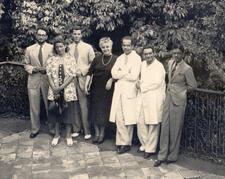Education
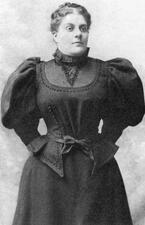
Rebekah Bettelheim Kohut
Kolech: Religious Women's Forum
Gertrud Kolmar
Gertrud Kolmar was a prolific German-Jewish poet. Kolmar published three collections of poetry during her lifetime, primarily detailing the experiences of women as mothers, childless women, lovers, mourners, travelers, and the persecuted. Kolmar’s work is a vehicle for readers of the early twenty-first century to come to terms with the events of the Shoah.
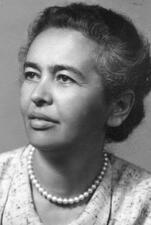
Malka Kolodny
Malka Fisz Kolodny served as one of the first teachers in pre-State Palestine. She taught subjects ranging from basic literacy to chemistry and biology and encouraged, counselled, and supported her students, staying in touch with them for years.

Kolot: Center for Jewish Women's and Gender Studies
Kolot, the first Center for Jewish Women’s and Gender Studies established at a rabbinical school, was founded in 1996 to bring the insights of Jewish feminist scholarship to the training of rabbis, both in a revised curriculum and through innovative projects. Among these projects, Kolot developed ritualwell.org, a widely used feminist website of new Jewish rituals and liturgy, and a program to enhance self-esteem in teenaged girls, Rosh Hodesh: It’s a Girl Thing!
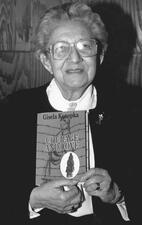
Gisela Peiper Konopka
Berlin-born Gisela Konopka built an international reputation as a group social worker and expert on youth issues. Lauded for her involvement in the rebuilding of social services and education in post-war Germany and beloved by her students at the University of Minnesota, Konopka received more than 42 awards in her lifetime.
Rabbi Abraham Isaac Kook
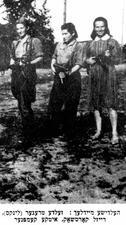
Rozka Korczak-Marla
Rozka Korczak-Marla was active in underground resistance during World War II, serving in the United Partisan Organization to smuggle weapons into the Vilna Ghetto and help Jews escape. After the war she immigrated to Palestine and settled into kibbutz life.
Gertrud Kornfeld
Gertrud Kornfeld was the first woman scientist to receive an academic appointment at the University of Berlin, having been appointed lecturer in physical chemistry in 1928. After being dismissed in 1933, she eventually made her way to the United States, where she became a researcher for the Kodak Company in New York.
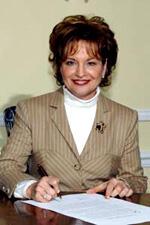
Julia Koschitzky
An activist, philanthropist, and leader of Canadian and world Jewry, Julia Koschitzky was born in Cardiff, Wales, the daughter of Max Podolski and Elli (Moses) Podolsk. The family relocated to Canada in 1949, eventually settling in Toronto in 1956. Julia and her husband Henry Koschitzky became involved in communal leadership and philanthropy, specifically in Jewish education and social welfare, and she took on active roles in Jewish affairs both in Toronto and around the globe.
Frances Krasnow
Frances Krasnow helped bring scientific rigor to dental medicine through her research into oral biochemistry and microorganisms. A graduate of Barnard College, Columbia University, and the Teachers Institute of the Jewish Theological Seminary, Krasnow would eventually receive recognition for being a pioneer in both science and Jewish education.
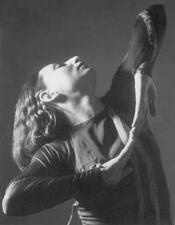
Gertrud Kraus
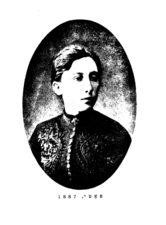
Pati Kremer
Pati Kremer was one of the pioneers of the Jewish workers’ movement in Eastern Europe. Already an active member in the 1890s of the so-called Vilna Group, the precursor to the Bund, she remained closely associated with the Jewish workers’ party until her death in the Vilna Ghetto.
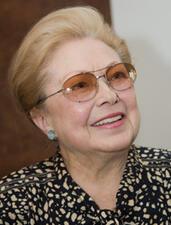
Mathilde Krim
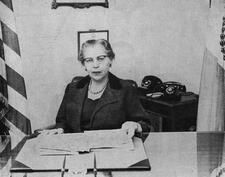
Anna Moscowitz Kross
Mariana Kroutoiarskaia
Mariana Kroutoiarskaia was a talented Russian composer and music producer who dedicated her entire life to music, film, and television. Kroutoiarskaia worked as a music editor for Russian television, a lecturer, and a composer for many films. She also supervised the arrangement and publication of music for children by various composers.

Barbara Kruger
Barbara Kruger creates conceptual art that pushes audiences to question assumptions about gender, violence, patriotism, and their relationship to the media. Kruger has exhibited in galleries and museums in the United States and Europe. Perhaps more significantly, she has brought her art to such urban public spaces as bus stops, subway stations, and billboards.
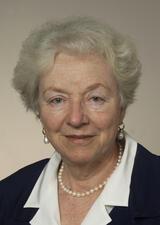
Madeleine May Kunin
Kurdish Women
Jews lived in Kurdistan for 2,800 years, until a mass migration to Israel in the 1950s. This Jewish community’s ancient roots and relative seclusion in the Kurdistan region fostered unique religious, cultural, and linguistic characteristics. Despite assimilation and the loss of traditional practices, the community remained tight-knit.
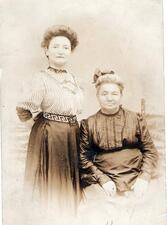
Sarah Kussy
Sarah Kussy was a founder and leader of a constellation of significant Jewish organizations, including Hadassah and the United Synagogue Women’s League. Through her many associations, Kussy worked to change the face of Jewish education, Zionist activities, and women’s participation in Jewish American communal life.
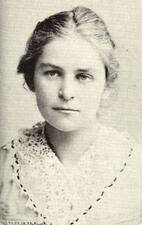
Hedwig Lachmann
Hedwig Lachmann was a poet and translator in Germany around the turn of the twentieth century. In addition to her original poetry, she translated works by Edgar Allan Poe, Oscar Wilde, and Honoré de Balzac.
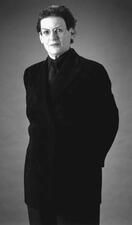
Phyllis Lambert
Phyllis Lambert is a Canadian architect and philanthropist. After receiving her M.S. in architecture in 1963, she established herself as a leader in urban conservation and public architecture. She has received many awards and honors, including the Gold Medal from the Royal Architecture Institute of Canada in 1991—Canada’s most prestigious architectural award.
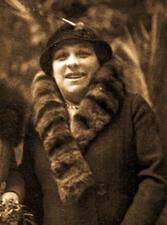
Annie Edith Landau
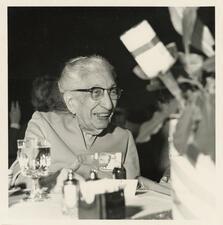
Sara Landau
Sara Landau was an accomplished twentieth-century economist who paired her scholarship with inexhaustible volunteerism in local and national organizations. Throughout her career in academia and service, Landau exemplified a category of economically independent middle-class Jewish women in America who both developed their own careers and devoted their energy to volunteer efforts, especially on behalf of their fellow Jews.
